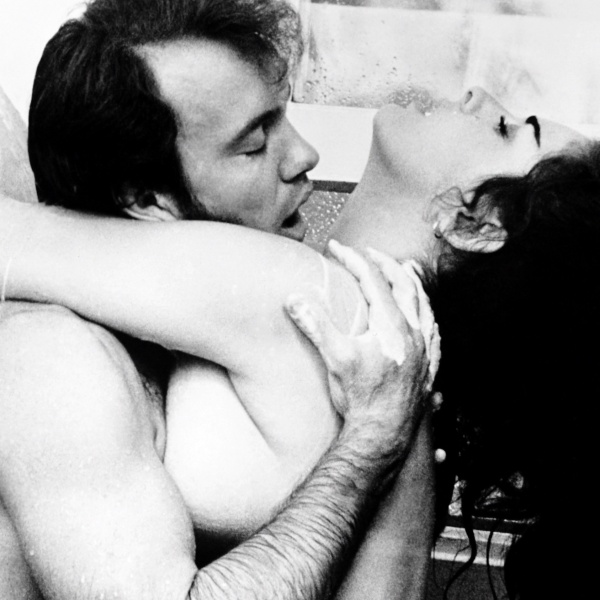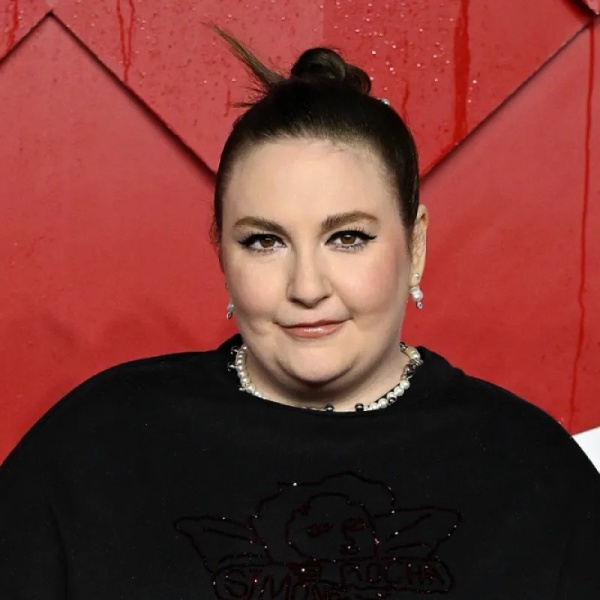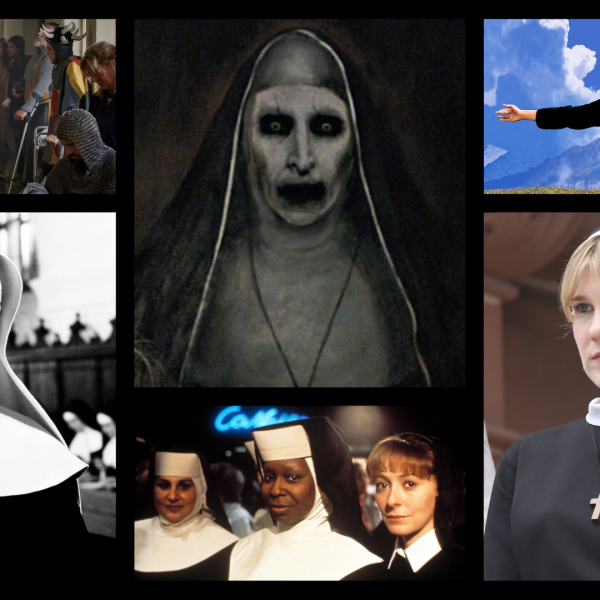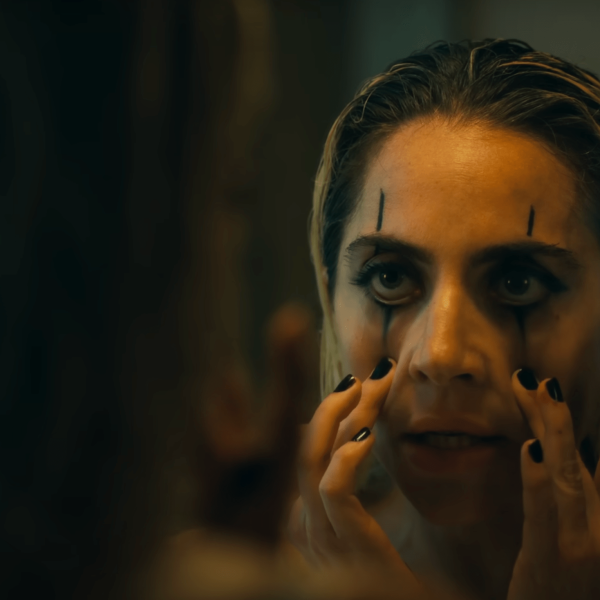There’s a streamer that’s adored by diplomats and by Mormons, by doctors at the Mayo Clinic and by rabid cinephiles. The brand has continually operated under its founder for more than 30 years, and the odds are excellent that you have never, ever heard of it.
One reason you’ve probably never heard of MHz Choice is — with apologies to its founder and operator, Frederick Thomas — its terrible name. He said he chose to call it MHz because it derives from megahertz, or one million hertz, a measure of radio transmission frequencies or a computer’s clock speed. Neither of these things seem to address the MHz mission, which is to stream TV shows and films from 30 international countries. (Thomas knows the name is “confusing,” he told IndieWire, but has “no plans” to rebrand it.)
Thomas founded the company in 1993 as a subsidized public-access channel in Washington DC. Today, it’s a for-profit Kino Lorber joint venture that costs $7.99 per month with more than 2,500 hours of mysteries, dramas, and comedies, all in the language of origin with English subtitles. MHz Choice, like the other streaming service in the joint venture — Topic — does not report subscriber numbers. (As Thomas described his business: “The streaming world, in essence, it’s a seven-dollar, 99-cent win, times thousands, is what you’re looking for.”)
MHz’s upcoming fall centerpiece is “Paris Police 1905,” the sequel series to “Paris Police 1900,” which New York Times critic Mike Hale hailed as one of the Best International TV Shows of 2022. In August the platform will premiere an Italian series from a creator of “Gomorrah,” an Australian colonization comedy from Aboriginal writer/creator/star Nakkiah Lui (“The Great”), and South-African series “Lioness” that the company is (literally) promoting as “not the Taylor Sheridan show!”
“There’s an audience for anything,” Thomas said. “Hell, there’s an audience for cornhole.”
All of this spawned from 10 classic foreign films and a plan: Serve homesick diplomats.

In 1993, those who worked in the city’s embassies (and beyond — DC then had more than a million non-native-born residents) lacked access to the entertainment programming and real-time news of their motherlands. OK, the Brits were fine; they had PBS and our English-language programming. Thomas set out to serve, as he put it, folks from “the other 174 countries.”
Thomas was then the general manager of American Public Broadcasting channel WNVC. There he launched “World View TV,” which featured international news, foreign films, and documentaries. French programming was a natural starting point. A daily newscast in French with English subtitles occupied the daytime, and French cinema owned the night. (In those days, Thomas had to pixelate the nudity.)
Word got around. “It became the thing,” Thomas said.
In 1995 Thomas also began working with the U.S. State Department as a media consultant; the agency asked him to install an antenna on its roof for his feed. Embassies loved it; they saw the political and entertainment value in having their home countries’ news on the station.
In 1999, the station dropped its call letters and channel-number ID to rebrand as “Megahertz,” a nod to the “many different frequencies” Thomas intended to use (from a technical POV) and to cover (from a multicultural perspective.)
The turn-of-the-century tech boom brought new opportunities — and new professionals — to the city. “That was a big, weird time where there were more tech workers than government workers in DC,” Thomas said. Satellite and digital distribution brought MHz everywhere.
MHz Networks went viral among the many international doctors at The Mayo Clinic. It was huge in Utah, as the Mormons gobbled down culture, entertainment, and language for — and from — their missions.
The company’s present-day approach began around 2007 when Thomas read a “little tiny clip” in an old Wired magazine about “something called ‘Roku.’” He immediately booked an airline ticket to its “little, one-level industrial park type-thing” in Sunnyvale, California.
He recalls not getting so much as eye contact from Roku’s then-head of programming, but Thomas got what he wanted: an agreement to put a version MHz’s live feed on Roku devices, as well as some origin programs including Australian rules football. There was also an added bonus: “Some of the first Roku boxes that went out, our logo was on the outside.” At the time, it was MHz Mysteries.
In 2015, MHz Choice launched as a streaming service and found a home as an app on all the usual suspects: Roku, Amazon, Apple, etc. Kino Lorber acquired MHz late last year.
Thomas says the “hard parts” are behind MHz. Now a startup (after 25 years, ironically), the goal is clear. “I think it’s really more about digging in and finding more of the type of folks that care about what we do,” Thomas said. “We’ve found a pretty neat little formula, and it works.”
“Works,” or worked? The rest of the industry is waking up to the reality that streaming is not the money-printing machine once hoped or even as good as the cable model it replaced.
Thomas writes off that fear as the “big-box version” of streaming; niche SVOD, like his, has “a lot of life in it,” he said.
“There’s isn’t anything like what we do,” Thomas said, “and I’m OK with that.”





